From the Wreck
Transit Lounge $29.95 pb, 267 pp, 9780995359451
From the Wreck by Jane Rawson
From the Wreck is a deeply ecological novel. It isn’t quite cli-fi – that new genre of fiction concerned with dramatising the effects of our changing climate on people and the world – rather, it is underpinned by an awareness of the connectedness of creatures: animal, human, and otherworldly alike, and narrated in parts by a creature who has fled another planet, ruined by invaders who ‘built machines, giant, and chemical plants’ and poisoned the oceanic habitat of this character and her kind.
The main protagonist is human: George Hills, a ship’s steward who survives the sinking of the steamship Admella off the South Australian coast. This much is drawn from history – Rawson is a descendant of Hills, who survived the 1859 shipwreck – but what saves George in this novel is the intervention of Bridget Ledwith, a strange, tentacled, shape-shifting creature who has assumed the form of a female passenger on the ship.
Continue reading for only $10 per month. Subscribe and gain full access to Australian Book Review. Already a subscriber? Sign in. If you need assistance, feel free to contact us.




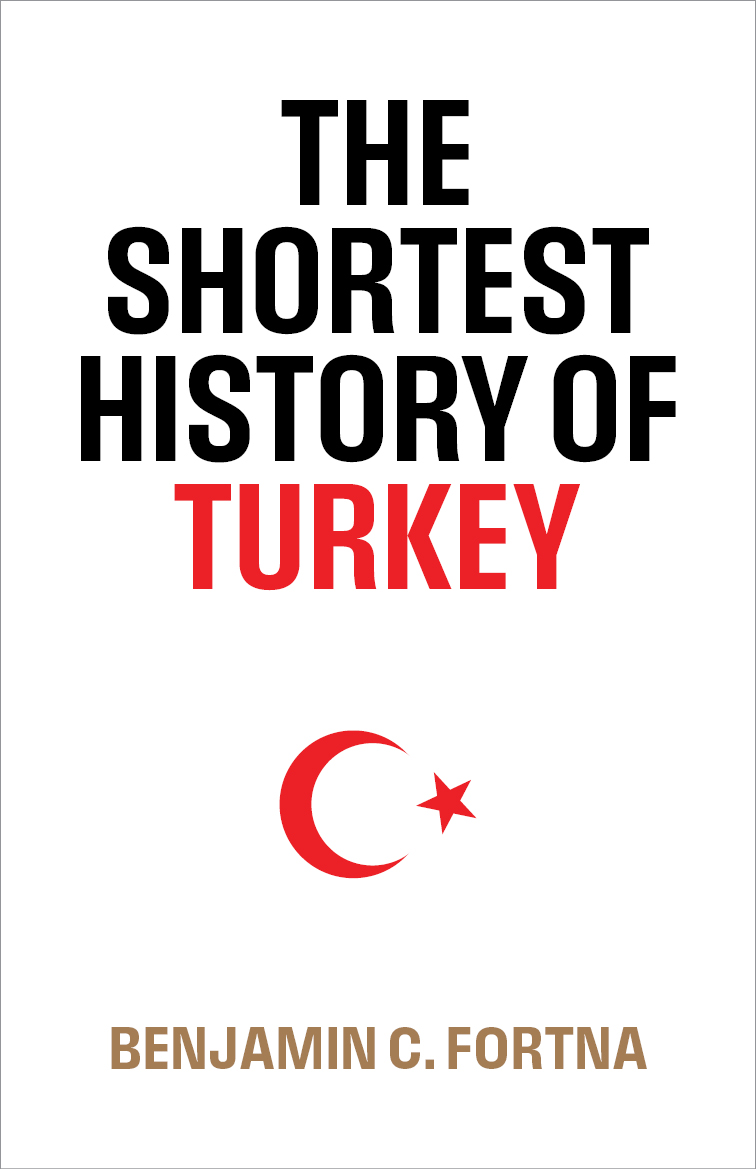
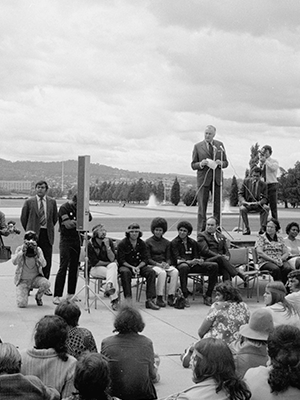
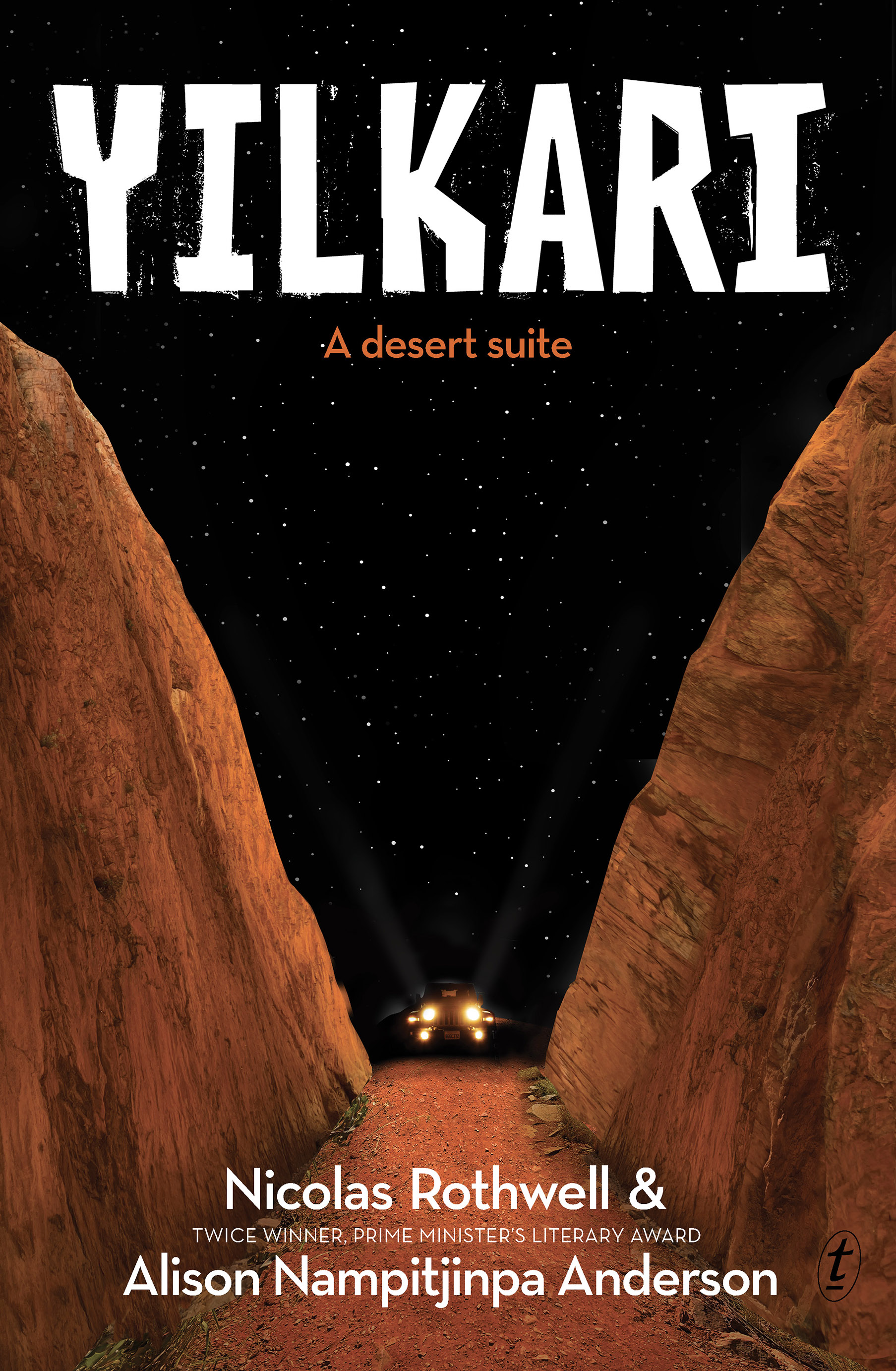
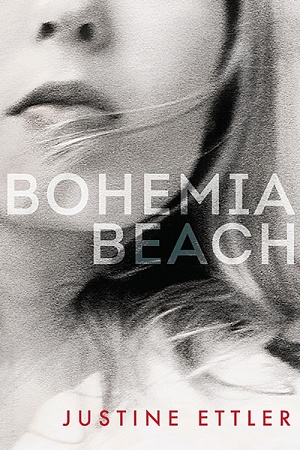

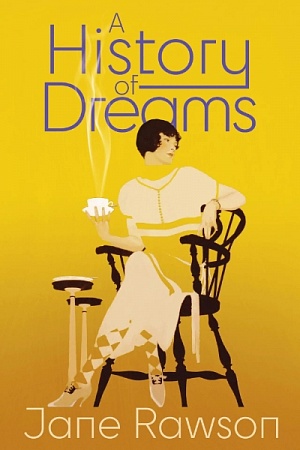

Leave a comment
If you are an ABR subscriber, you will need to sign in to post a comment.
If you have forgotten your sign in details, or if you receive an error message when trying to submit your comment, please email your comment (and the name of the article to which it relates) to ABR Comments. We will review your comment and, subject to approval, we will post it under your name.
Please note that all comments must be approved by ABR and comply with our Terms & Conditions.